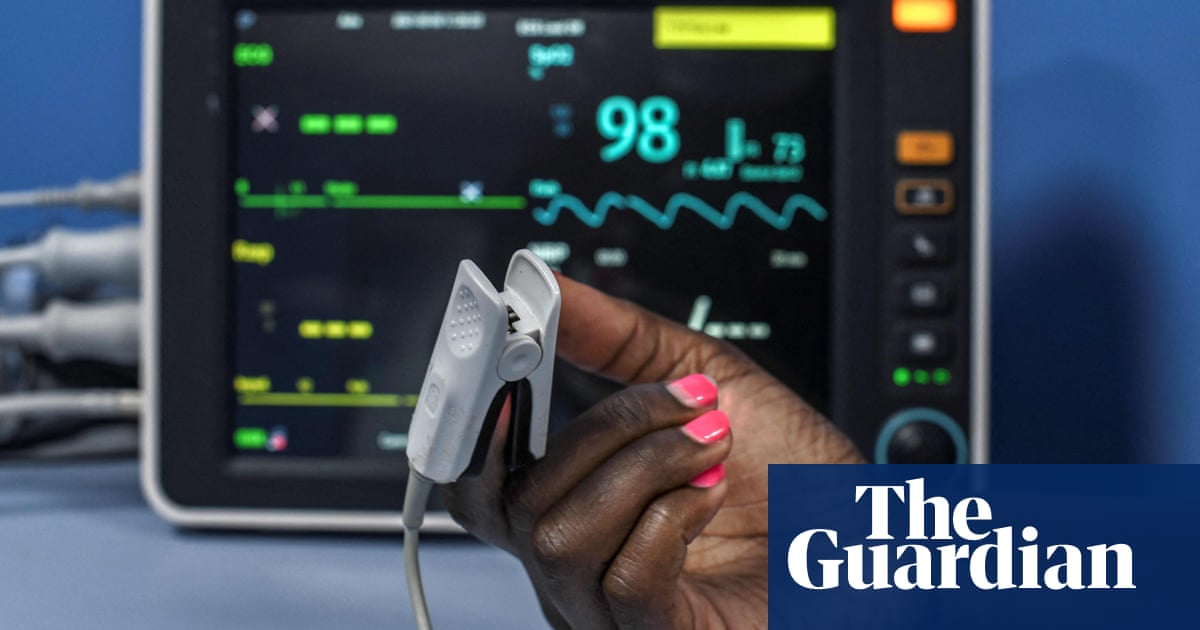
WASHINGTON (Reuters) - Group of 20 major economies should work to provide trillions of dollars in trade financing for developing countries to ensure the recovery of the global economy from the COVID-19 pandemic, a top official with the World Trade Organization said on Saturday.
WTO Deputy Director General Alan Wolff told G20 leaders it was critical to utilize trade to help underwrite the economy, facilitate trade in essential medical supplies, and reform the institutional framework for world trade.
“When crops do not move and factories are idled throughout the developing world, the global recovery will be delayed for all,” Wolff, a U.S. citizen, told the leaders. “A trade finance initiative should be seen as an essential part of improving the outlook for economic recovery.”
The World Economic Forum this year said the COVID-19 pandemic was exacerbating a gap in global trade finance here that was already at $1.5 trillion before the crisis began, with over 50% of requests for financial support of trade being rejected.
The lack of access to trade financing hits least developed countries hardest that already suffer from the high cost of financial transactions.
Wolff said close cooperation among international financial institutions, the WTO and the large commercial banks would be needed to free up trillions of dollars in required financing.
G20 leaders will underscore their commitment to multilateral trading system in a joint statement to be released on Sunday, a draft of the communique showed.
The Geneva-based world trade body is in turmoil as the administration of outgoing U.S. President Donald Trump has blocked both selection of a new director general and the functioning of a dispute settlement body.
Wolff urged G20 leaders to engage seriously in a “major institutional reform effort” and restore the WTO’s deliberative and negotiating functions.
Wolff also called for new measures to speed the supply of essential medical products to where they are needed, including updates to existing agreements to ensure duty-free global trade in pharmaceuticals and medical equipment.
He said barriers at borders and the use of export restrictions should be reduced, providing for much greater transparency and accelerating improvements in trade facilitation efforts, particularly for the poorest countries.











